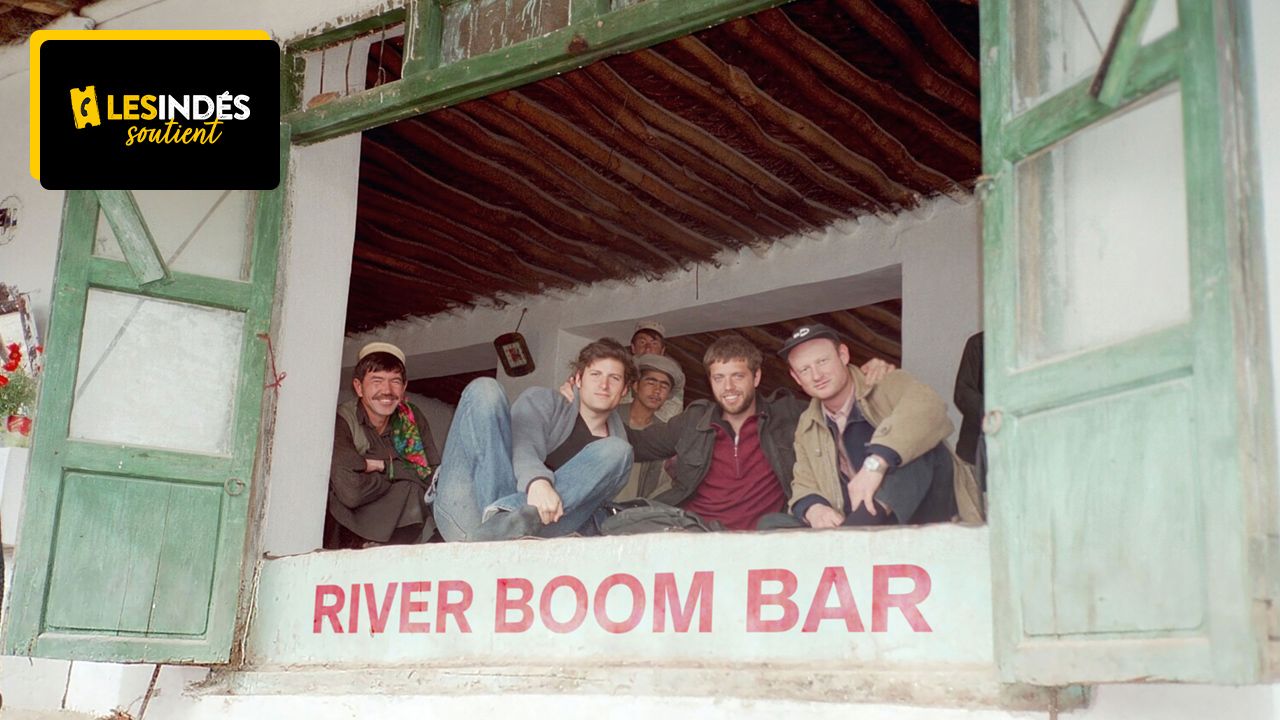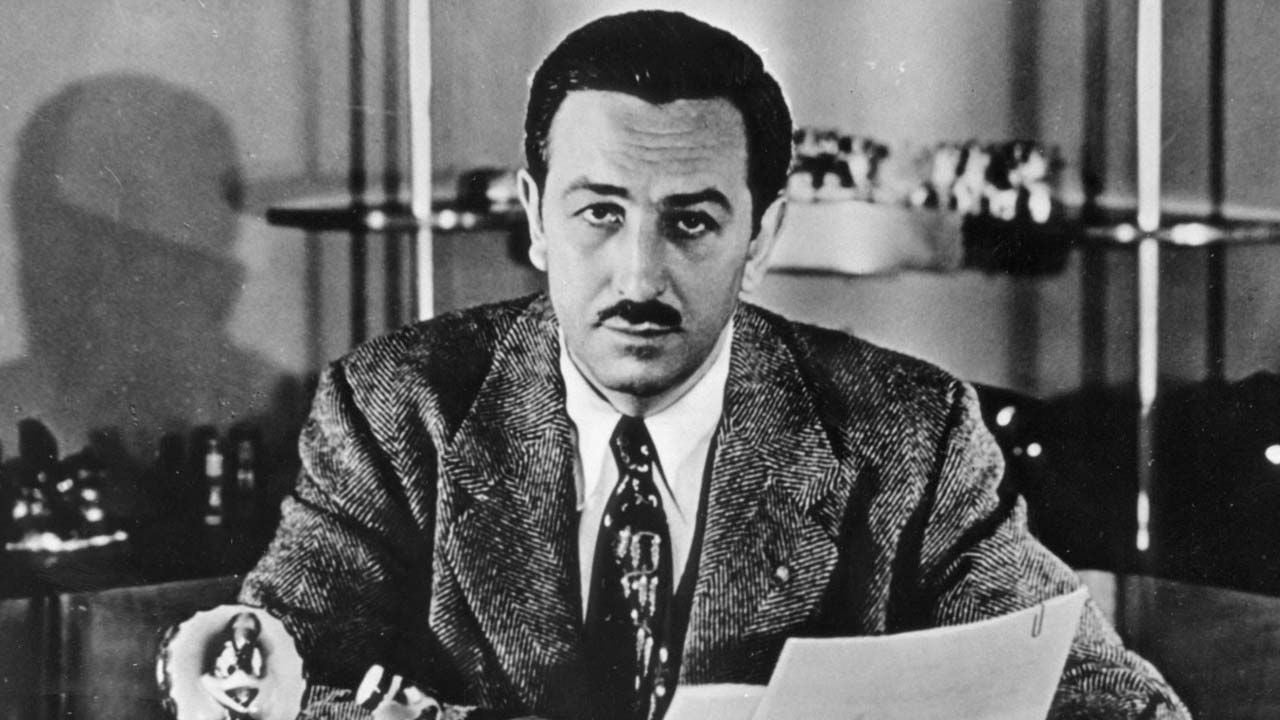Just a year after the 9/11 attacks, Claude Bechtold, then a somewhat timid typographer with a passion for photography, allowed two risky reporters to travel to Afghanistan. With a video camera bought on the spot, he captures this tense journey, which he presents to the audience in the form of a funny and exciting film documentary called Riverboom.
Discovered in cinemas today, this unique travel story has achieved amazing success – combining all the ingredients of a real Hollywood script: three men with completely different personalities, sometimes diametrically opposed and brought together by the irony of fate – Claude originally intended. He returns before his two accomplices hit the road – embarking on a joint adventure in places, roads and environments neglected by journalists for decades.
In 2002, Serge Michel was a senior reporter and freelancer at Le Figaro newspaper. It is he who invites his friend Claude Bechtold to accompany him to Afghanistan as a temporary co-pilot thanks to false accreditation. Their team is completed by the arrival of Paolo Woods, a hot war photographer who collaborates with the journalist on a series of articles. Serge and Paolo’s goal: to make a full tour of the country to verify the promises of Pax Americana, an international coalition led by the United States.
What should have been a very short trip for Claude turns into a trip to Afghanistan when the thirty-year-old Swiss learns that the plane he wanted to take back will no longer carry anyone.
Releases, news, interviews… Find all the latest news about indie films
Another face of Afghanistan
During this trip, like a journal recorded in pictures, Claude Bechtold took everything that interests him without a specific intention: to begin with, his two companions, minefields and hemp, Serge’s encounters with war leaders, the speech of an American colonel, the cultivation of poppies, but also the smiles of children, shared with the locals Food and hope on the faces of those who believe in a better future for their country.
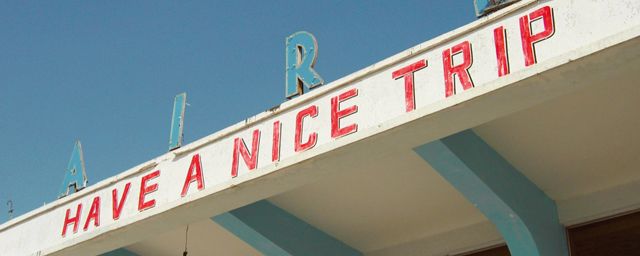
With great humor and a certain lightness, an unexpected tone for this type of format and sometimes in direct contrast to some of the events taking place in front of the camera, he paints a portrait of great authenticity: “We have the impression that people in Afghanistan don’t laugh, but actually they don’t stop laughing. The more problems we have, the more we need to laugh. We always see this world at war, under the filter of suffering, because it is the only one that reaches us, Europe. But actually, what surprised me was that it was very happy– Claude Bechtold tells us in an interview.
I always want to show what I don’t know… Sad and suffering Afghanistan, I know that. We have had the same pictures for 40 years and nothing has changed. But there’s another side to travel, which is that it can also be a lot of fun. “
To accompany his images and recontextualize them, the director uses voiceover, a process he describes as “Kavarjeni” And mocking comments: “A good director does not need a voice over, because he knows how to shoot, he knows how to show what is happening in the picture. I don’t know how to shoot there, the pictures are terrible”. However, this famous method allows the viewer to access another dimension here: the intimate.
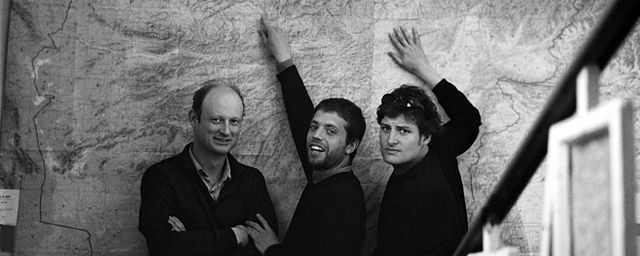
An extremely personal story
This joyous cross country is mixed with a more personal story for Claude: the mourning of his parents. He, who seems to have a fearful demeanor throughout the documentary, explains that he was able to tackle such a personal topic thanks to the genius of the editing room. “There are two of us in the editing room, we have trust and it’s very intimate. We cannot imagine that later there will be theaters where 1200 people watch a movie. he tells us. Cinema is a kind of audience that is less real than the family. Sometimes it’s easier to talk to the screen than to talk about it with your cousins.
It was a very important step for this film buff who always wanted to direct but was unfamiliar with the documentary format. “You also have to put something on the table when you’re making a movie, it’s not just a series of anecdotes. 20 years later, I’m still trying to figure out what happened to me on that trip.
We cannot be safe behind the camera. I have to talk about deeper topics. Obviously, it makes for a multi-layered, multi-layered film where we have silly jokes, geopolitics, and then intimate moments about my parents.
A powerful message
If Claude Bechtold kept only one lesson from this trip, it’s us “You cannot photograph a subject if you are afraid of it. This attracts mistrust. In general, you should not be afraid when traveling. We need some caution, but we cannot travel always worried, because confidence gives us more when we meet the country. That’s what I learned in Afghanistan, to stop being afraid of things I can’t control.”
So a necessary lesson for those who, at the end of the film, describe themselves as “Insignificant Switzerland, which never risked anything, but feared everything”.
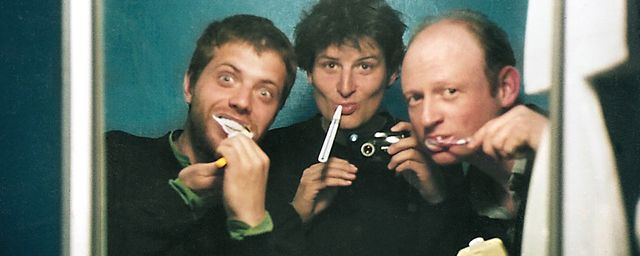
For his first film, director Claude Bechtold takes us on a road trip that’s both funny and exciting, more than 20 years after the events. And if so many years separate this unforgettable journey from the documentary that depicts it, it is only because the video cassettes have been lost for a long time. An unusual anecdote that perfectly reflects the spirit of this beautiful story of friendship!
See Riverboom in theaters today.
Source: Allocine
Rose James is a Gossipify movie and series reviewer known for her in-depth analysis and unique perspective on the latest releases. With a background in film studies, she provides engaging and informative reviews, and keeps readers up to date with industry trends and emerging talents.

